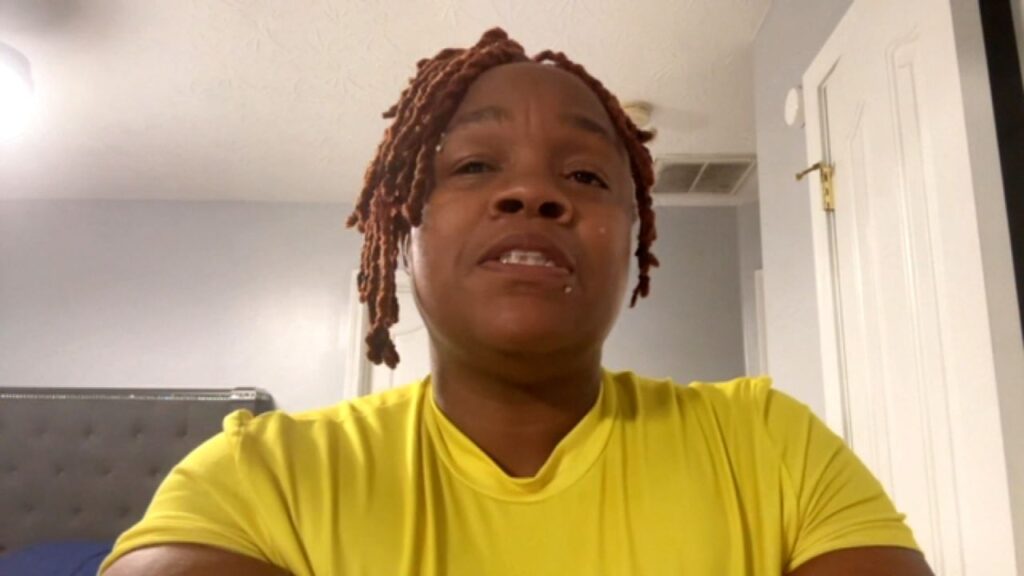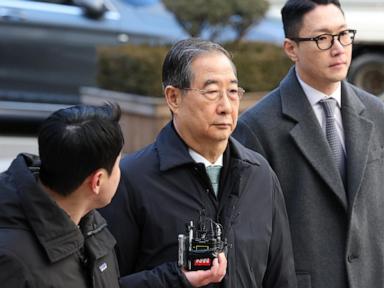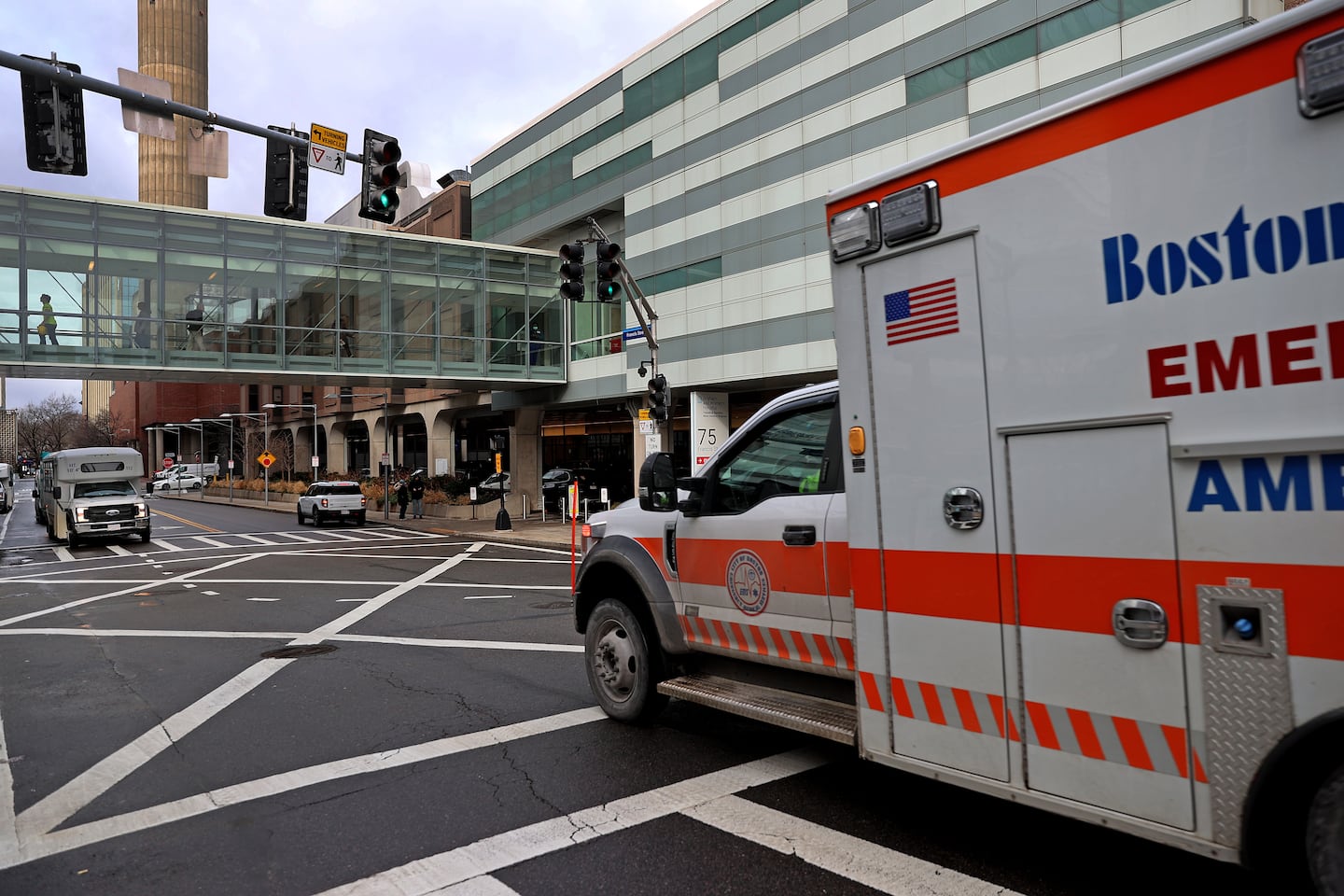
The mother of Breonna Taylor, Tamika Palmer, expressed her disappointment following the sentencing of former Louisville police officer Brett Hankison, who received a three-year prison term for his role in the botched raid that resulted in her daughter’s death. This decision has reignited discussions about police accountability and the justice system in the United States.
Palmer spoke with CNN anchor Laura Coates, stating, “It was not justice.” She highlighted the ongoing pain and frustration felt by the family and the community, noting that the sentence does not reflect the severity of the actions taken during the raid on March 13, 2020. The operation, which was part of a narcotics investigation, resulted in the fatal shooting of Taylor, a 26-year-old emergency medical technician, as officers executed a no-knock warrant.
Hankison was charged with three counts of wanton endangerment for firing shots into a neighboring apartment during the raid. While he was found guilty, many, including Palmer, feel that the punishment is insufficient given the loss of life. “We’re still fighting for accountability,” she stated, emphasizing the need for systemic changes in policing practices.
The sentencing comes after a lengthy legal battle that has drawn national attention and sparked protests demanding justice for Taylor. Activists and community leaders have called for comprehensive reforms in police procedures, particularly regarding the use of no-knock warrants, which have been criticized for their potential to escalate violence.
In the wake of Taylor’s death, numerous cities across the United States have enacted or proposed changes to their policing policies. The case has become emblematic of broader issues of racial injustice and police violence, prompting renewed debates about the treatment of Black individuals by law enforcement.
Palmer’s remarks serve as a reminder of the human impact behind legal proceedings. She noted that the fight for justice is not solely about legal outcomes but about the recognition of lives lost and the need for accountability. “We have to keep pushing for change,” she asserted, underscoring the ongoing struggle many families face in the pursuit of justice in similar cases.
The controversy surrounding Hankison’s sentencing reflects wider societal tensions regarding law enforcement accountability. Many advocates argue that leniency in cases involving police misconduct contributes to a culture of impunity. As discussions continue to unfold, the Taylor family remains resolute in their quest to honor Breonna’s memory and push for significant reforms in policing practices nationwide.
Palmer’s advocacy for justice highlights the importance of addressing these issues at both local and national levels, emphasizing that change is necessary to prevent future tragedies. As the legal ramifications of the case conclude, the conversation surrounding police accountability and community safety remains vital for many across the country.







